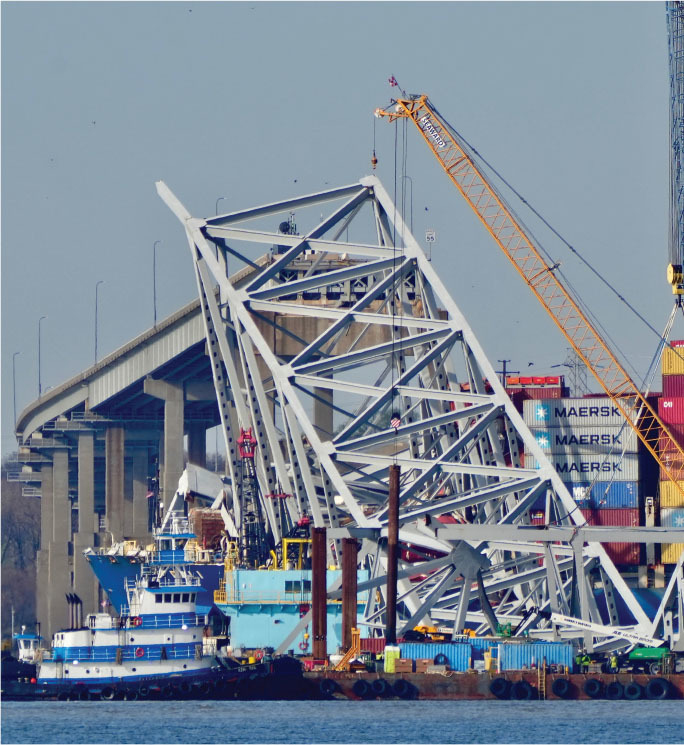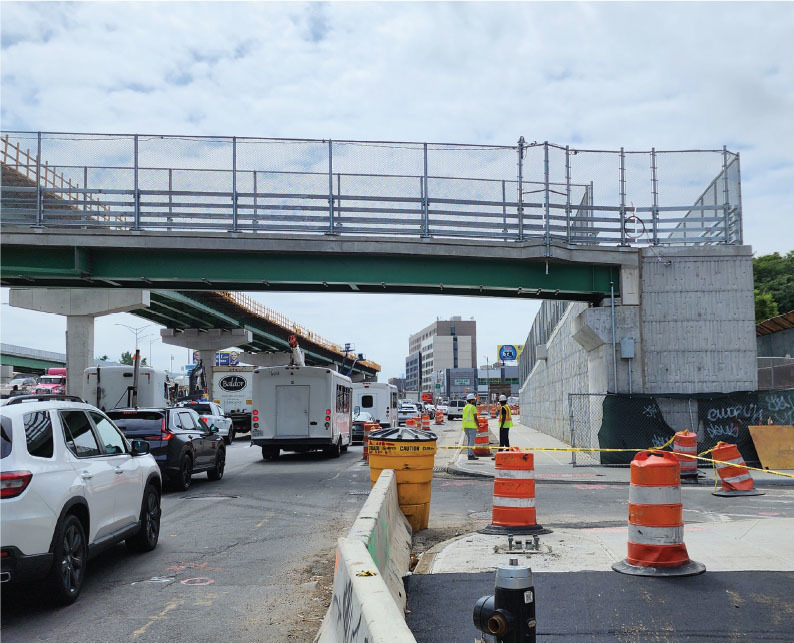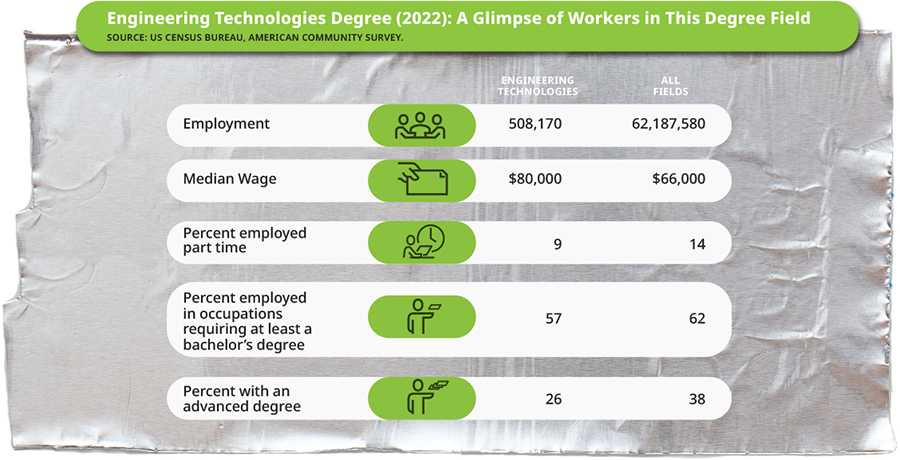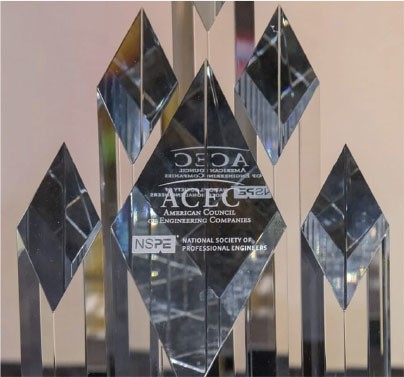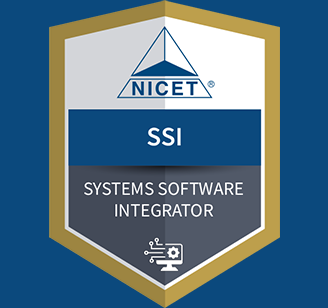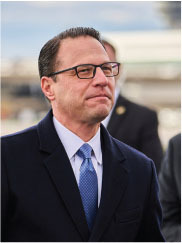March/April 2018
PE Report
Across Nation, Threats to PE License Grow
Over the last few years, there has been a growing movement by some governors and legislators to target the regulation of occupations and professions under the guise of cutting government interference and boosting state economies. NSPE sees this as a very real threat and is working to ensure that the licensing of professional engineers is recognized, particularly by lawmakers and regulators, as an integral part of protecting the public.
On January 10, NSPE Executive Director Mark Golden, National Council of Examiners for Engineering and Surveying CEO Jerry Carter, and Arizona Board of Technical Registration Executive Director Melissa Cornelius presented a free webinar to discuss what appears to be a concerted national effort to undermine occupational licensure and how that effort is affecting professional engineering licensure. The webinar received a record number of registrants.
In partnership with state societies, NSPE is tracking and responding to these threats. To date, similar legislation, regulations, or executive orders have been introduced, signed, and/or passed in 26 states. While these sweeping efforts at occupational deregulation may not aim specifically at professional engineers, they clearly create confusion about PE licensure’s role in protecting the public.
Golden discussed how the threat to occupational licensure isn’t happening in a vacuum and presents increasing problems for the profession. The threat level varies from jurisdiction to jurisdiction, but he foresees increased threats that will require a diligent approach to ensure that “the baby doesn’t get thrown out with the bath water.” The type of threats to professional licensure can involve eliminating specific occupational licenses (not necessarily professional engineering), elimination of a licensing board, regulatory reviews of licensure requirements, and increases in state oversight of occupational regulatory boards.
Over the past two years, Cornelius has seen serious challenges for design professionals in Arizona. In 2016, Governor Doug Ducey signed an executive order requiring state licensing boards and commissions to review requirements and issue feasibility reports explaining training requirements, continuing education, fees, and administrative processes. Ducey issued the order to eliminate “unnecessary barriers to entering the job market and to expand opportunities for Arizonians who want work.” Based on the review and reports, some occupational licenses faced elimination. “In a letter, he said that he believes that all our boards and commissions need to be reformed because we are the dark corner of state government,” Cornelius says.
Ducey, in the first session of the legislature after he became governor, proposed deregulating geologists and landscape architects along with other groups like yoga instructors and citrus fruit pickers. Seeing this as a danger to the design professions, PEs, architects, and land surveyors sprang into action and immediately contacted legislators and stakeholders to explain why it was important to maintain these two learned professions. During a hearing about the proposal to eliminate licensure for landscape architects and geologists, licensees shared how a removal of registration would cause them to leave Arizona and take their businesses with them. “It was compelling for our licensees to stand up and look in the faces of these legislators,” Cornelius recalled.
She also recalled how some legislators expressed a view that “landscape architects just mow lawns and geologists just collect rocks,” showing that they don’t understand the difference between licensure and regulation.
Professional engineers clearly face a greater challenge than other learned professions. While most individual members of the public understand the legal and medical professions, Golden stated, they aren’t as familiar with the engineering profession because they aren’t the individual consumers of engineering services. “It’s harder for members of the public or decision makers that impact that regulation to understand the role of the engineer,” he stated. “That just makes our job that much harder, but all the more important.”


 Volunteering at NSPE is a great opportunity to grow your professional network and connect with other leaders in the field.
Volunteering at NSPE is a great opportunity to grow your professional network and connect with other leaders in the field. The National Society of Professional Engineers (NSPE) encourages you to explore the resources to cast your vote on election day:
The National Society of Professional Engineers (NSPE) encourages you to explore the resources to cast your vote on election day:
